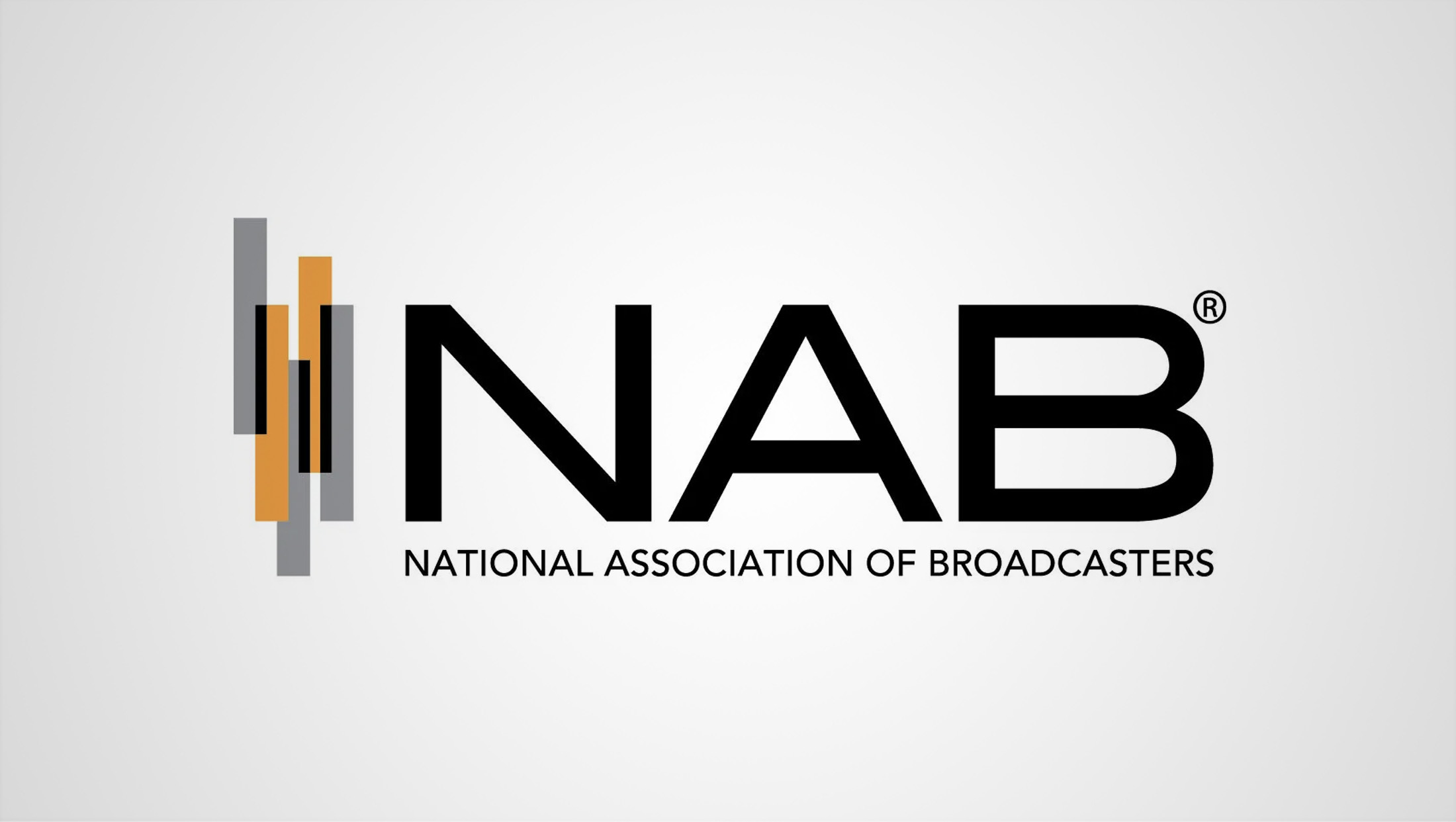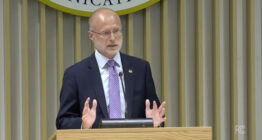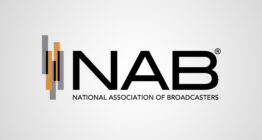NAB files reply comments urging FCC to eliminate ‘obsolete’ broadcast regulations

Weekly insights on the technology, production and business decisions shaping media and broadcast. Free to access. Independent coverage. Unsubscribe anytime.
The National Association of Broadcasters has submitted extensive reply comments in the Federal Communications Commission’s “Delete, Delete, Delete” proceeding, presenting a case for significant regulatory relief for radio and television broadcasters facing increasingly intense competition from largely unregulated digital platforms.
NAB’s filing emphasizes the sheer volume of regulations burdening broadcasters compared to their competitors. Part 73 of the FCC’s rules, which governs broadcasting, spans 423 pages – more than any other regulated communications service and more than double the regulations for cable and satellite providers under Part 76.
“The rules governing broadcasting are not only excessive, but they are also obsolete and counterproductive,” NAB argued in its filing. “They discourage investment, hinder innovation, and place broadcasters at a structural disadvantage.”
A significant portion of NAB’s reply comments focuses on opposing what it characterizes as “tired, retrograde, rent-seeking proposals” from the pay TV industry and music industry interests.
The organization strongly criticizes proposals from pay TV providers regarding retransmission consent, arguing they are designed to “artificially depress the fees they pay broadcasters for repackaging and reselling broadcast content.”
NAB contends the pay TV industry has “waged war on the system of retransmission consent since its inception” and now relies on “regulatory rent-seeking” to gain advantages over broadcasters.
Similarly, NAB pushes back against submissions from music industry groups, including the musicFIRST Coalition, characterizing their advocacy as “copy-paste” positions recycled from other proceedings to maintain “dominance over radio stations that face overwhelming and still growing competitive pressure from online audio and satellite radio providers.”
Broad support for ownership deregulation
NAB highlights what it describes as wide support for eliminating “antiquated radio and television station ownership restrictions” that no longer reflect market realities. The organization argues these legacy rules particularly handicap broadcasters competing against significantly larger, unregulated digital platforms for audiences and advertising revenues.
The filing contends that ownership deregulation would enable broadcasters to achieve economies of scale necessary to invest in programming and technology while continuing to provide free, over-the-air service.
Technical concerns and public file requirements
The reply comments also address numerous technical proposals, including those related to LPFM service, FM allocation requirements, ATSC 3.0 transition and other engineering matters. NAB opposes some technical changes, such as allowing LPFM stations to increase maximum power from 100 to 250 watts, while supporting others like eliminating certain STA filing requirements.
Multiple commenters cited in NAB’s filing support eliminating or significantly reducing public file and EEO reporting requirements that impose substantial administrative burdens with minimal public benefit. According to the filing, broadcasters report devoting significant resources to maintaining these files despite evidence that they are rarely, if ever, accessed by the public.
Calls for ATSC 3.0 transition acceleration
NAB also urges the FCC to approve its separate petition to accelerate the industry’s transition to NexGen TV (ATSC 3.0) by removing regulatory barriers. The organization argues that a more rapid transition would allow broadcasters to offer enhanced services, including higher resolution formats, interactive applications, and advanced emergency information.
“The Commission needs to act now to facilitate a faster ATSC 3.0 transition so that TV broadcasters can catch up to other marketplace competitors and offer enhanced services to consumers,” NAB stated.
The proceeding represents a significant opportunity for broadcasters to achieve the regulatory relief they have sought for years. NAB’s filing reflects the industry’s belief that without substantial modernization of the regulatory framework, local broadcasters will continue to face increasingly difficult economic and competitive challenges.
With the comment period now closed, the FCC will evaluate submissions and determine which regulations to eliminate or modify – a process that could significantly reshape the broadcast regulatory landscape.






tags
Deregulation, FCC, NAB, NextGen TV ATSC 3.0
categories
Broadcast Business News, Featured, NextGen TV, Policy